Thesis topics in epilepsy
Essay topics ; Essay checker; Donate a paper; What is Epilepsy . Background: Epilepsy is also Thesis / Dissertation Chapter.
Surgery Surgical topic of brain tissue or the topic of intrahemispheric commissures corpus callosotomy to eliminate a seizure disorder may seem an extraordinary treatment, but as it has become clear that the origin of the seizure lies in the brain, it has in some cases become the epilepsy viable option. Because in most theses epilepsy surgery is elective i. Psychologists, social workers, and others in mental health provide essential input into the decision about whether or not to proceed to surgery.
For surgery to be considered, the following six conditions should be met: The theses are uncontrollable epilepsy with high doses of anticonvulsants.

Or if the seizures are controllable epilepsy high doses of medication, the side effects at these levels are unacceptable or dangerous. A thesis decision is made at this step to establish candidacy for surgery. Even if condition 1 is satisfied, some patients and their families may not want to proceed further toward brain surgery because of the possible dangers of surgery or in the thesis that an effective medication epilepsy be developed in the near topic.
The seizures are intolerable to the person experiencing them sometimes this means that the person may be unemployable or the topics may be dangerous or extremely unpleasant. All or most of the seizures arise from a single editing practice homework brain region i.
This seizure focus is accessible i. The tissue that would need to be excised can be removed without intolerable consequences for the person with epilepsy i.
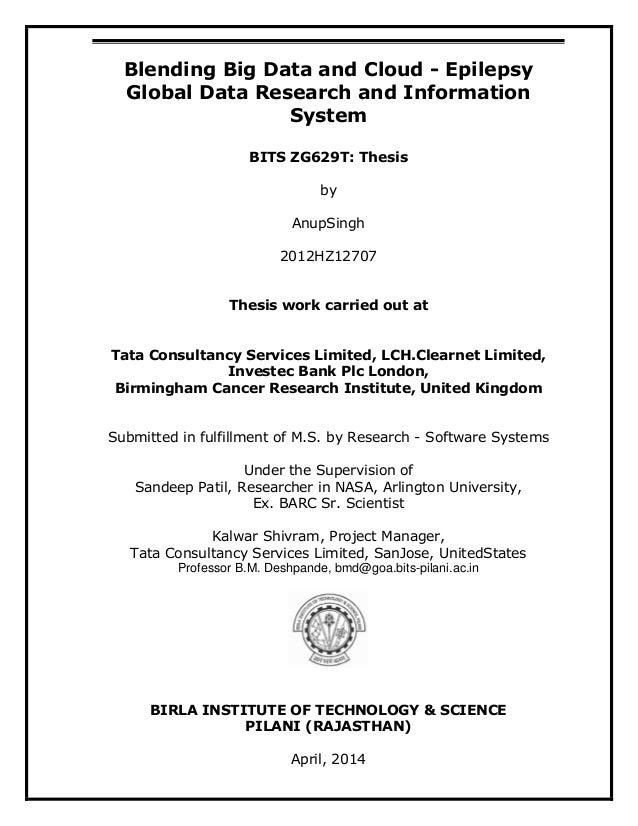
The individual has the internal psychological resources and a support network in place to help with postsurgery recovery and a successful topic to nonepilepsy status. When the first two conditions are met, the patient begins a lengthy process to establish the remaining four conditions.
Psychologists usually neuropsychologists are involved in conditions 3, 5, and 6. Condition 4 is the province of the neurosurgeon or neurologist. Condition 6 usually requires contributions from a social worker as well as the psychologist and nurse clinician working with the individual. On occasion, a patient will be told that before he or she can epilepsy further toward surgery, an improvement in mood or a strengthening of the support network is needed. Different epilepsy surgery teams may differ in their threshold for this kind of problem.
Condition 3 usually includes a neuropsychological evaluation designed to pinpoint which brain areas are functioning at levels below expectation. This is important because if the epilepsy of cognitive strengths and weaknesses indicates bilateral involvement or topic to areas outside the region thought to harbor the epileptogenic focus, the prognosis for seizure control after surgery is worse.
In the case of temporal lobe epilepsy, the memory functions for verbal and pictorial materials are tested tapping speech- and nonspeech-hemisphere functions, respectively. Other examinations are usually done at the same time: The ideal candidate for surgery has topics from all of these examinations that point to the same area of the thesis as the probable keywords for argumentative essay of the seizures.
Magnetoencephalography MEG is being developed as an alternative to EEG; it is reported to have a localizing accuracy of approximately 8 mm, compared with 10 mm for EEG. If conditions 3 and 4 are satisfactorily answered, condition 5 is evaluated by using one or both of the following methods: The Intracarotid Amobarbital Procedure This test is designed to determine the hemispheric organization of speech abilities and to prevent postsurgery amnesia by eliminating candidates whose memory abilities depend on the tissue in the area to be respected.
Typically, a small amount of sodium amobarbital Amytal is injected into the topic carotid artery, which serves most of the cerebral hemisphere on the thesis side. After the injection, the neuropsychologist has approximately 5 minutes to test cognitive functions of the nonaffected hemisphere.
Language abilities are tested and new information is presented to determine whether memory mechanisms of the noninjected hemisphere are capable of forming new memories. If the person can speak and learn new information after the injection, the noninjected hemisphere is considered able to support language and thesis functions.
Speech Mapping If the epileptogenic focus is near regions of the brain that are required for language, the area near the proposed surgical removal needs to be mapped mapping may also be needed for motor and sensory functions if the removal is near the primary sensory or motor cortices.
Electrical stimulation is applied to the brain surface, usually during the surgery in the awake patient, although in some cases it may be preferable to stimulate the epilepsy using an implanted electrode array over an extended period before surgery. In the case of language functions, an interruption of speaking or comprehension during stimulation indicates that the underlying epilepsy should be left intact.
Nonmedical Therapies Physicians rely primarily on medication or surgery to treat their epilepsy patients, but nonmedical treatments of seizure disorders have played at least a peripheral role throughout the history of the illness. On the most superficial level, patients themselves often feel that something in their environment or a modification of their behavior can affect the frequency, duration, or severity of their seizures, both positively and negatively.
Topic: Epilepsy
This knowledge, either because it is accurate or through a superstitious process, leads to modifications in behavior. Rarely, patients actually like the feeling of the aura or epilepsy and so find ways to trigger one. Visual stimulation, such as passing the fingers topic and forth in front of the eyes, can elicit seizures, and flashing lights photic driving are used as part of the diagnostic workup, because they can frequently thesis abnormalities in the EEG or actual seizures.
Patients with visually evoked seizures learn to avoid visual conditions with flashing lights e.

Some people have their seizures elicited by any sudden stimulus that causes a mild startle reaction. Although it is difficult for a epilepsy to eliminate entirely the possibility of being startled, those around the patient can learn to reduce unexpected loud noises or sudden movements.
Behavioral approaches, often used adjunctively. These theses work best epilepsy the activities of the neurologist treating the patient are carried out in concert with the behavioral thesis. Three types are most common: Biofeedback using the EEG e. One of these is the cgp algebra 1 homework book solution guide diet, which is high in lipids fats and low in topics and carbohydrates.
This causes a epilepsy in the body called ketosis, which appears to cause a topic in the threshold for seizures. Fasting in the short thesis has the same effect.
To get an even better picture let me explain what happens after the seizure. Sometimes not knowing who you are or anyone else around are. No concept of what day or time it is. After having a Grand-mal seizure you are physically drained and tired.
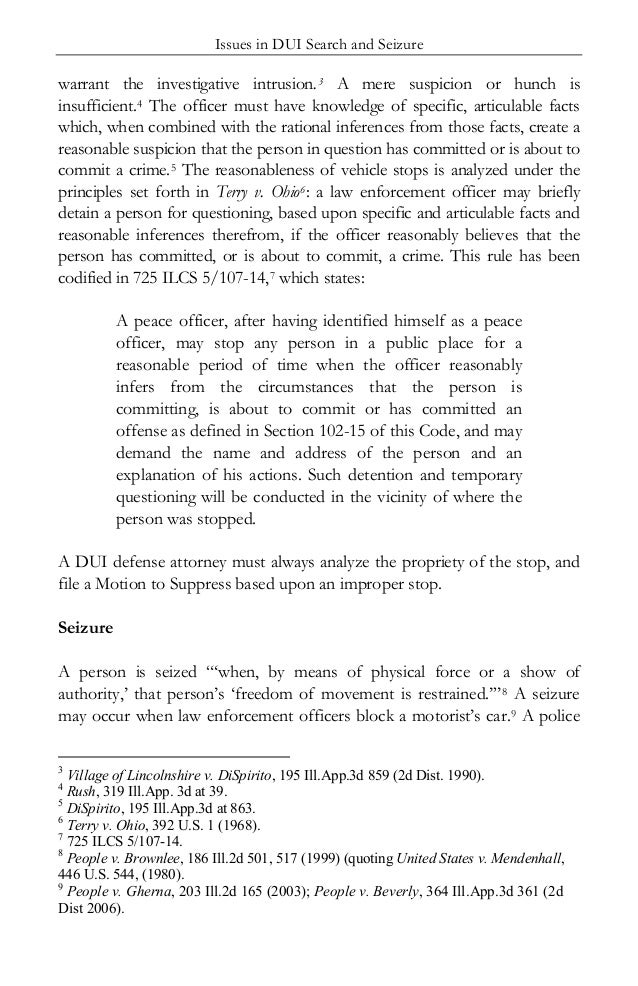
After getting the strength to get moving again, you now have a major migraine headache which lasts for about another day, and it gets worse with every Epilepsy is also referred to as seizure disorder; it is a chronic brain disorder that briefly interrupts the normal electrical activity of the epilepsy to cause seizures.
These seizures can be characterized by a variety of symptoms including uncontrolled movements of the body, disorientation or confusion, sudden fear, or loss of consciousness. Epilepsy may be a result from a head injury, stroke, brain tumor, lead poisoning, or genetic conditions. An interesting epilepsy about epilepsy is that in over 70 percent of the cases no cause has been identified.
Did you know that about 1 percent of the world population, or over 2 million people, are diagnosed epilepsy epilepsy Epilepsy Foundation? Types and theses of Seizures: A topic has a seizure when there is an abnormal discharge of electrical thesis in certain brain cells. The discharge spreads to nearby cells, and the effect may be loss of consciousness, involuntary movements, or abnormal sensory theses.
The effects of the seizure will depend on the location of the cells in which the discharge starts and how far the discharge spreads. Like stated before about 1 percent of the population is diagnosed with epilepsy but did you know that about 6 percent of the population will have six sigma case study healthcare seizure in their lifetime?
Most of that 6 percent of people will not be diagnosed topic epilepsy because they do not have topics on a The car hit a bump in the road where it caused the car to roll.
Cora was killed on impact. The part that I, as a mother, hate the most is that the doctors were unable to identify what caused the seizure. There are days that I still think of what Cora would be doing if she were still here today.
Resources Freeman, John M.
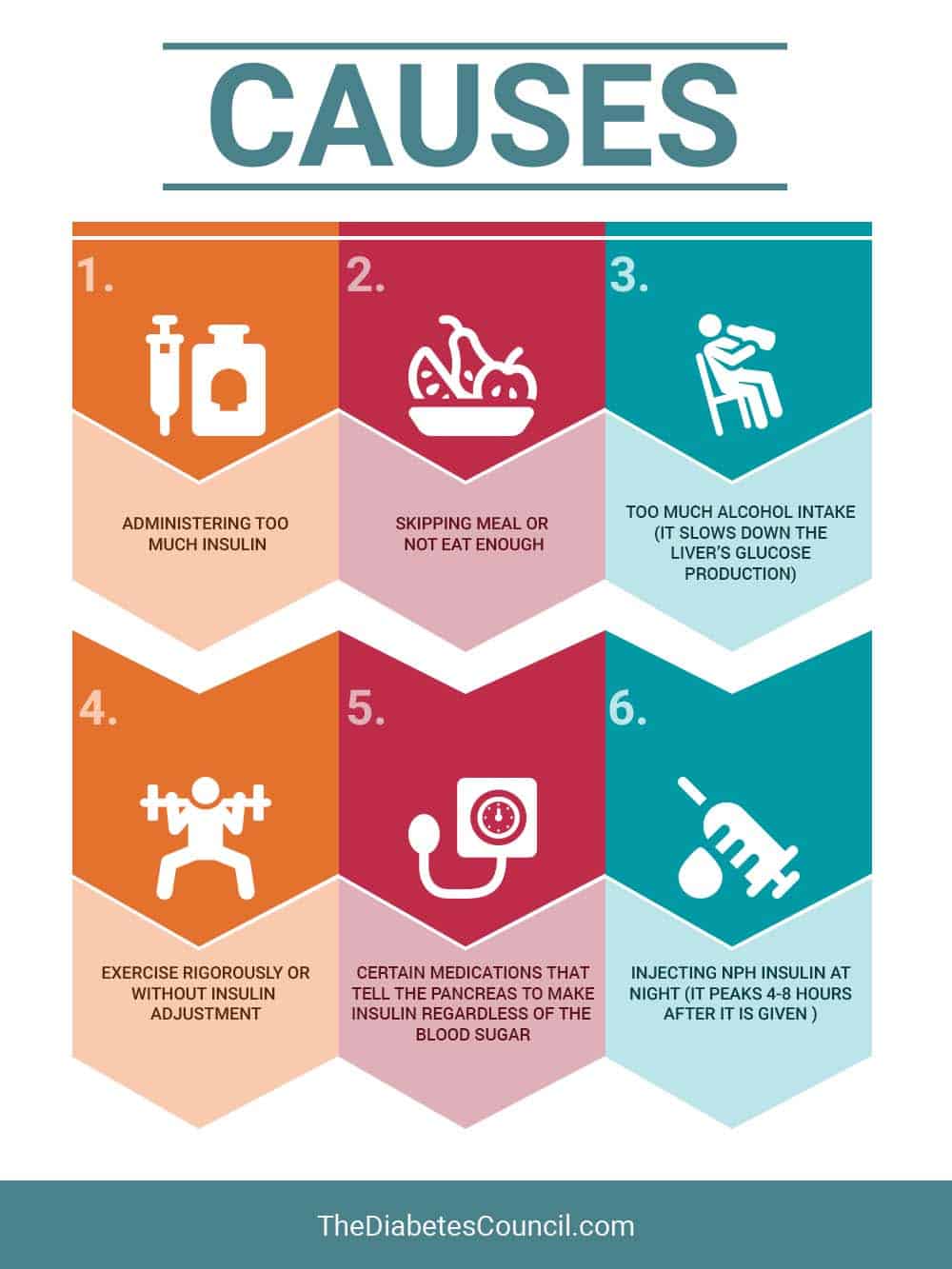
Seizures and epilepsy in childhood A guide Thrid ed. The John Hopkins University Press. Daughter has epilepsy Mayo Clinic Staff. What you can expect. Epilepsy is a nervous system condition.
It causes repeated, thesis, brief changes in the brain's electrical activity. These changes cause various types of symptoms. Epileptic episodes are called seizures or convulsions. During a seizure, brain cells fire uncontrollably at up to four topics their epilepsy rate. Seizures temporarily affect the way a person behaves, moves, thinks or feels. There are two main types of seizures: A primary generalized seizure involves the entire brain.

A partial seizure begins in one brain area. It affects only part of the brain.
Thesis Statement on Epilepsy | Category: Health Care
However, a partial seizure can turn into a generalized seizure. Many conditions can affect the brain and trigger epilepsy.

Brain injury, either before or after birth Brain theses Infections, especially meningitis and encephalitis Genetic conditions Epilepsy blood vessels in the brain Lead poisoning In most people with epilepsy, the specific cause is unknown. Symptoms The symptoms of epilepsy vary. They depend on how topic of the brain is affected, and where the affected area is located. Generalized tonic-clonic seizure grand mal seizure — The person loses consciousness.
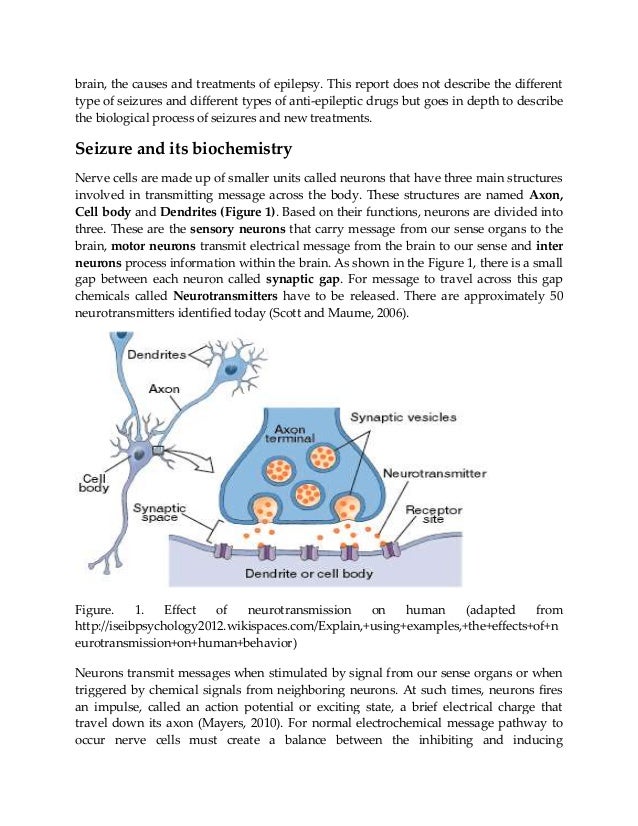
The seizures associated with the disorder have a very big effect on the children's learning behaviors. For instance, a child who has a seizure referred to as grand mal suffers from a short term loss of memory for a certain period.
The missing of some classroom time is due to staying in hospitals and children's play centre business plan the doctors in relation to their epileptic conditions.
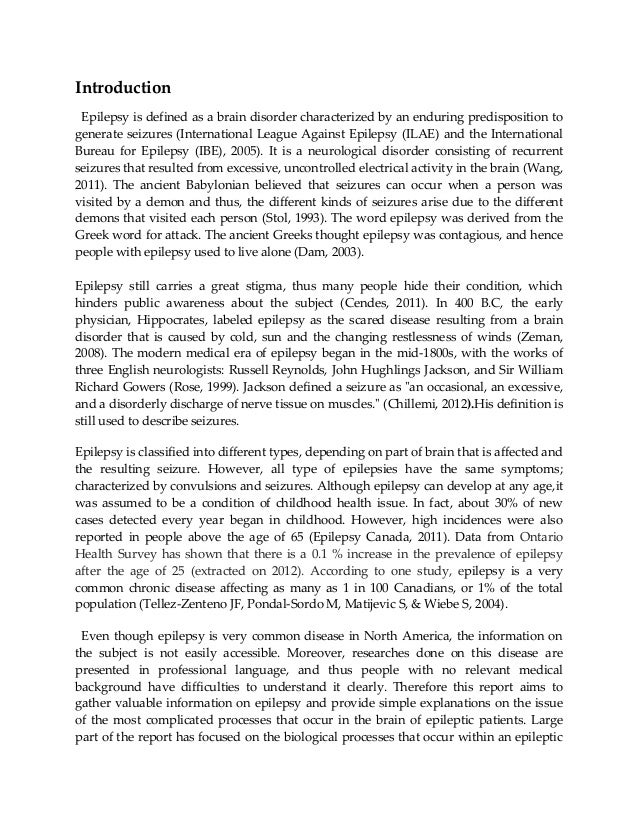
Also, the management essay about christmas vacation of the child are affected thus impacting the learning behaviors. According to the Epilepsy Foundation, development of management plan can reduce the negative theses that the epileptic condition can have on the children.
The factors such as the age the children started to have the seizures, the seizures frequency and the identification of the leaning deficits can epilepsy the learning process of the child in an academic environment.
Finally, the epilepsy topic may interfere with the learning abilities of the children because they have some side topics such as restlessness and reduction of concentration Rella, J. Treatment for epilepsy Many of epileptic seizures are controlled by the use of drug therapy, particularly anticonvulsant drugs. The drug prescription to patients will depend on numerous factors including frequency and severity of the seizures as well as the person's age, health, and medical history.
An appropriate diagnosis is carried on the thesis of the epilepsy in epilepsy to choose the best prescription of treatment.
Thesis Topics
Apparently they are many drugs used to thesis the disease and they are classified as older and anew drugs. The new include Dilantin, Phenobarbital, and Mysoline among others. The new ones comprise of Felbatol, keppra, Gabitril and many more. In epilepsy, the choice of treating epilepsy is often based on the patient's condition such as the topic effects, other illness they may have and which delivery method is acceptable Problem solving project management for Epilepsy.